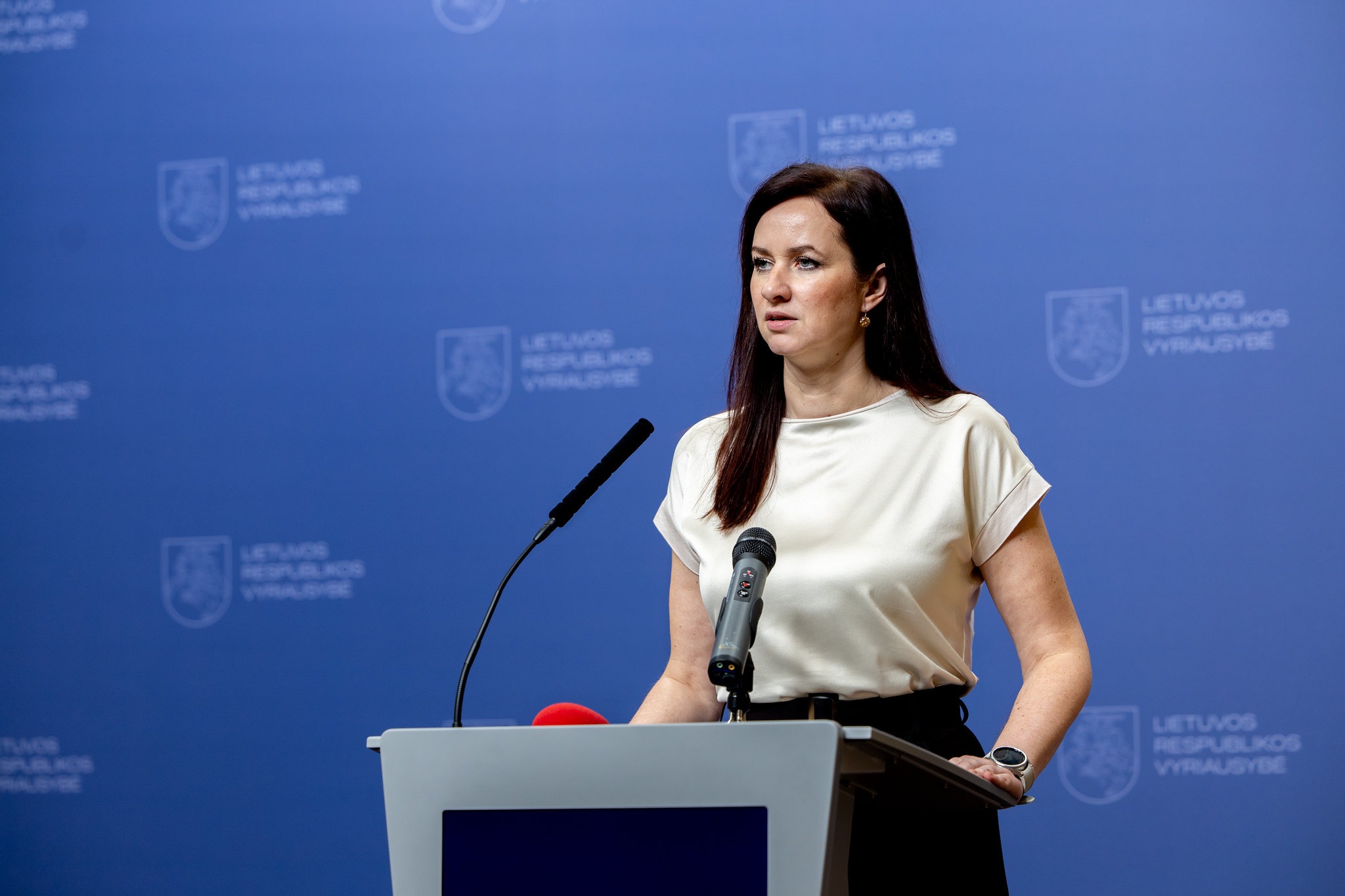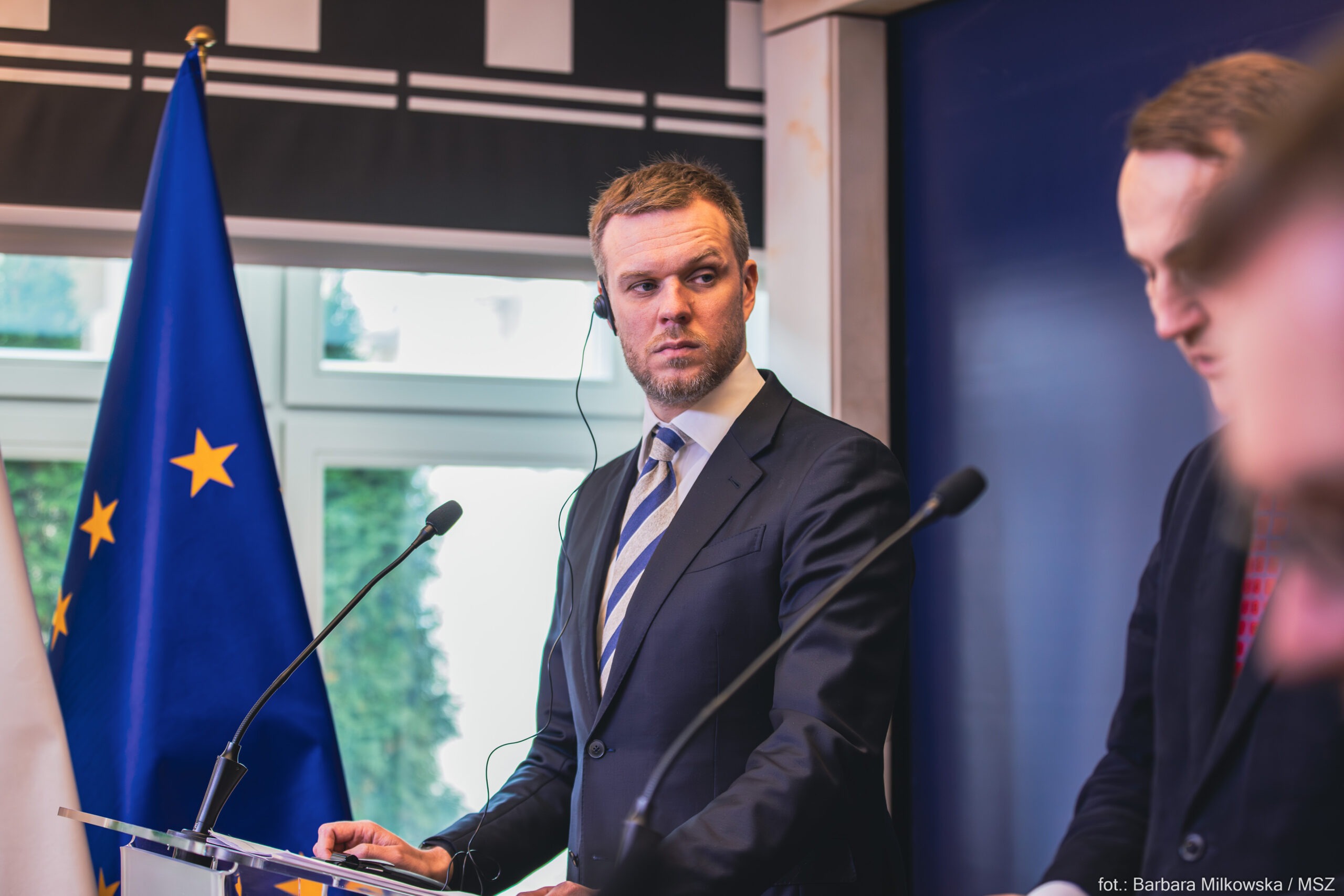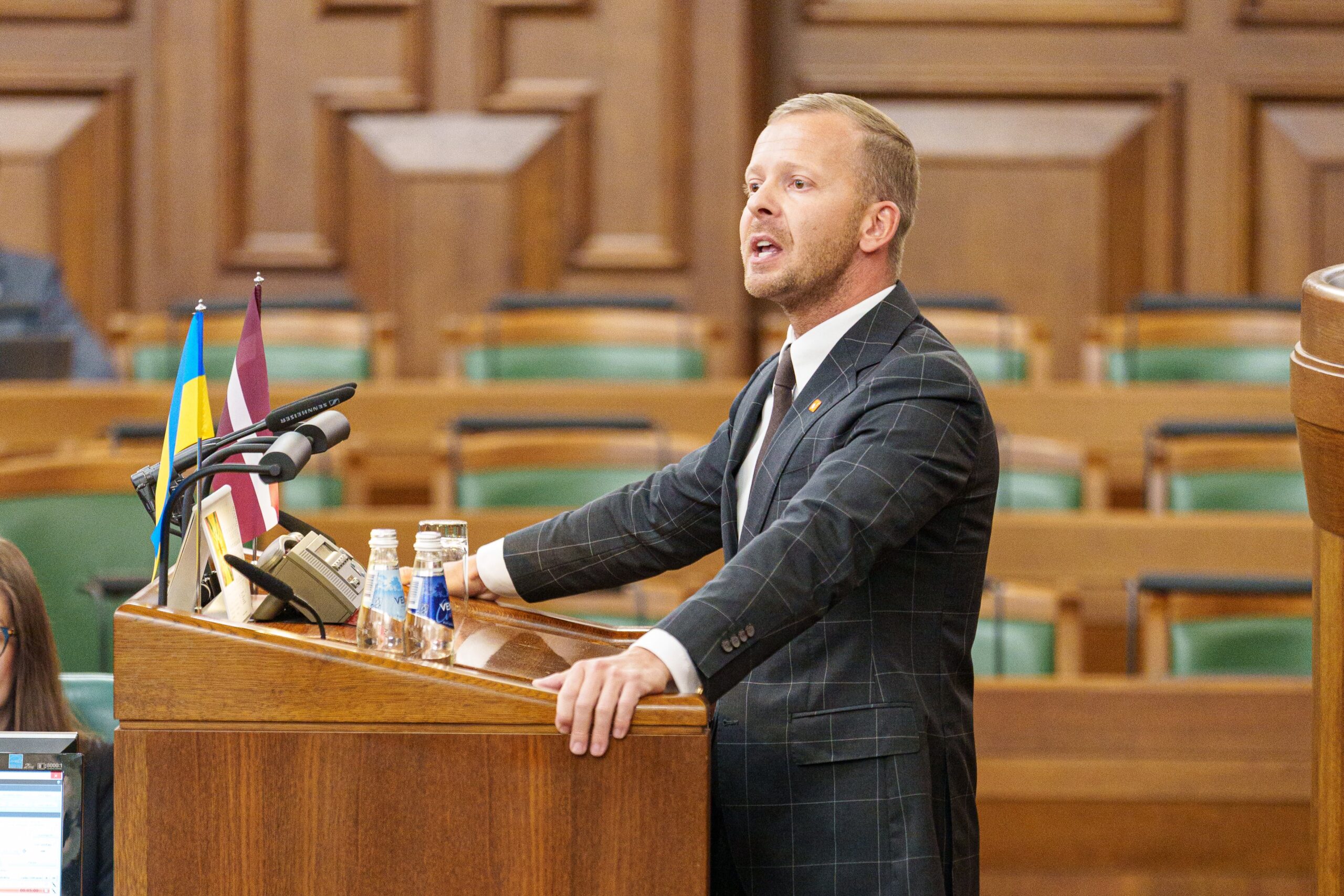
Main narratives:
- The incompetence of the current government;
- General anti-governmental sentiments;
- Doubts about the transparency of democratic elections;
- Discrediting Ukraine and its effort to win the war.
Overview:
Last week, Kremlin-aligned media in Lithuania further buzzed with narratives undermining the legitimacy of the recent parliamentary elections. They claimed widespread falsification, cast doubt on the coalition’s mandate, and insinuated that public dissent was suppressed to ensure the government’s continuity. Additionally, stories pushed the idea that Lithuania’s leadership prioritizes foreign agendas over national issues, amplifying economic grievances and portraying Western alliances as detrimental to Lithuanian sovereignty.
Simultaneously, former President Dalia Grybauskaitė’s warning against forming a coalition with the controversial “Nemuno aušra” party, led by Remigijus Žemaitaitis, who faces accusations of antisemitism, was heavily criticized. Grybauskaitė discouraged the potential alliance, warning it would damage Lithuania’s reputation with EU and NATO partners. Despite her concerns, the Social Democrats formed a coalition with Žemaitaitis’s party and “Vardan Lietuvos,” achieving a parliamentary majority. Kremlin-aligned outlets not only dismissed her concerns but also attacked her credibility, accusing her of being a Kremlin collaborator and criticizing her academic work and past political affiliations.








